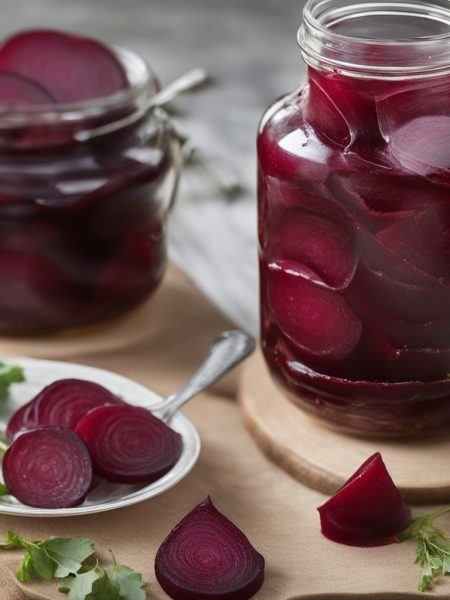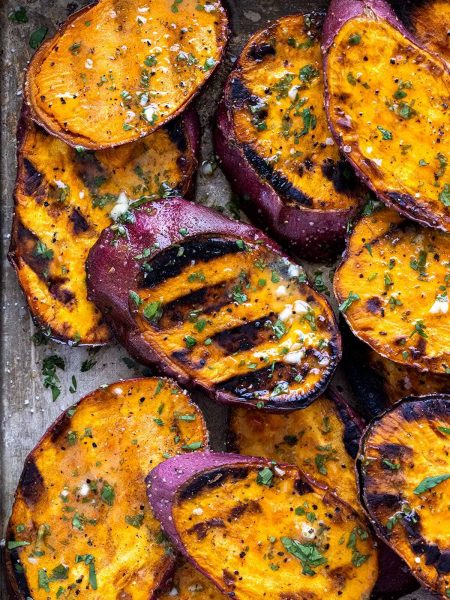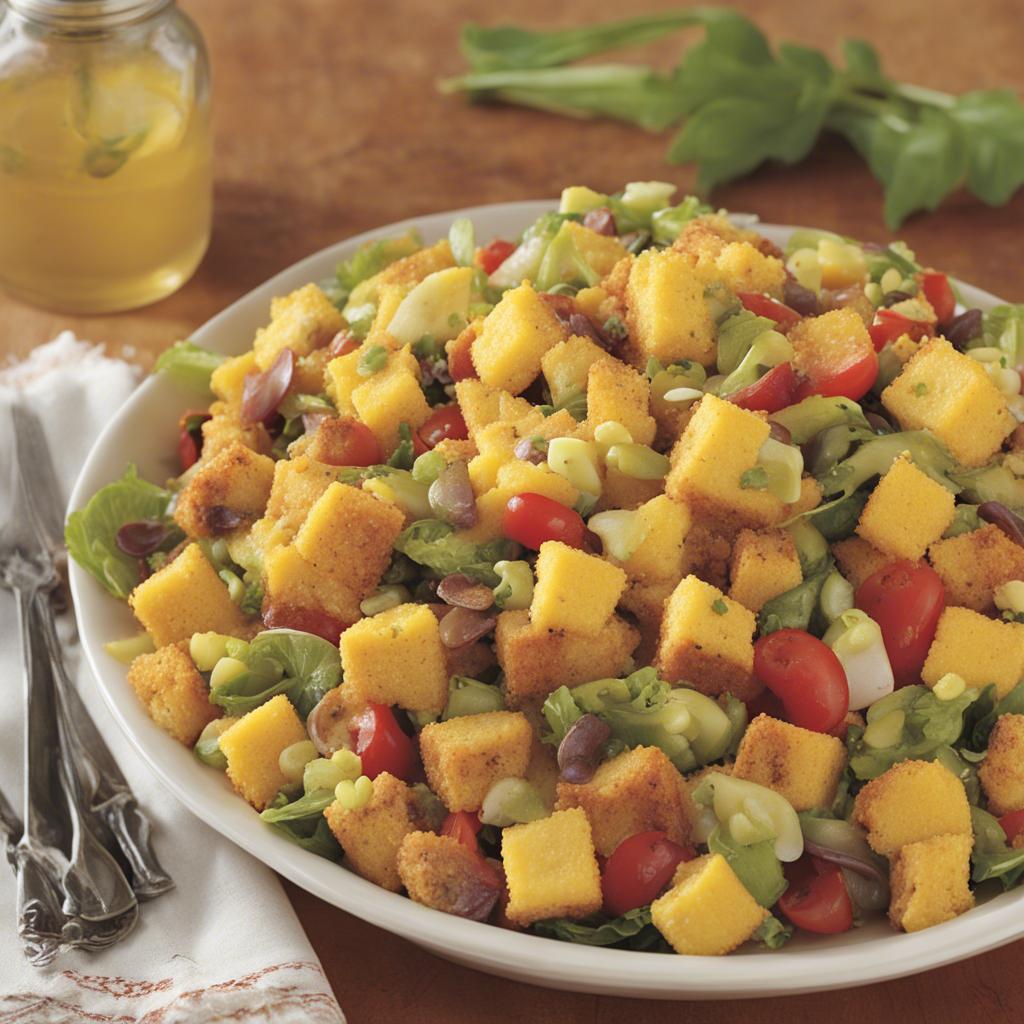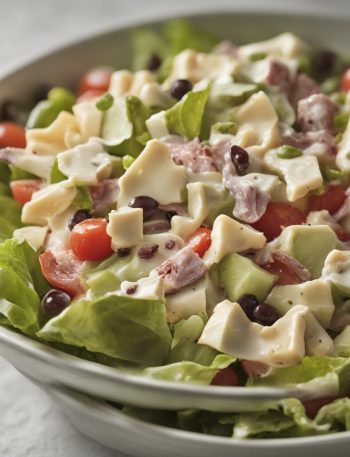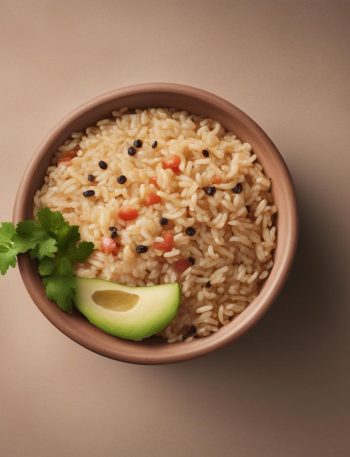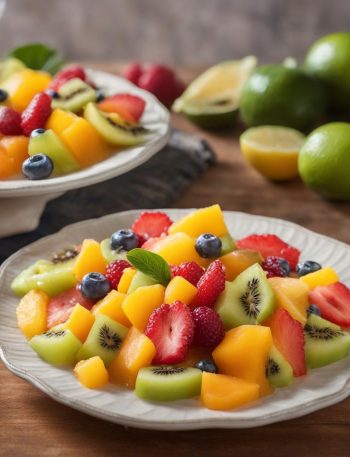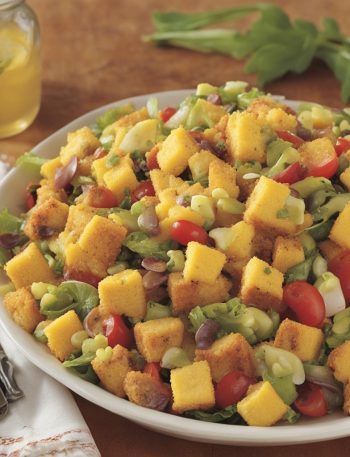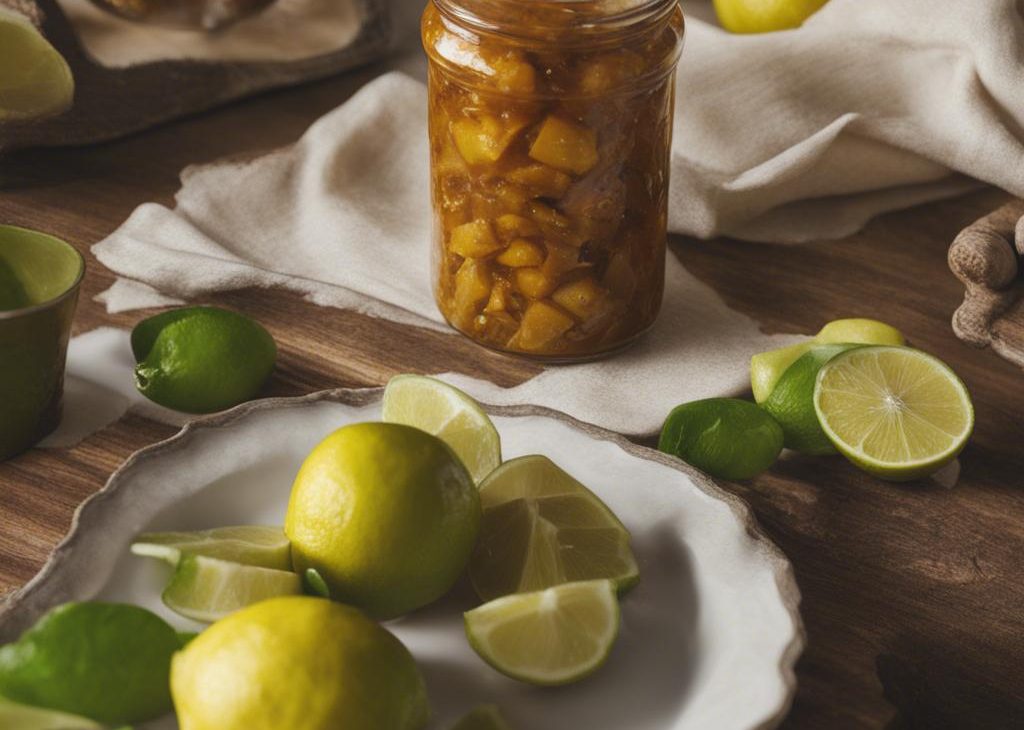
Amish lime pickle is a traditional Indian pickle recipe that is made with limes, spices, and oil. It is a tangy and spicy accompaniment to many Indian meals. This pickle is made with a combination of spices such as turmeric, mustard seeds, and chili powder. The recipe has its roots in Amish culture and has been passed down through generations. It is a great way to add a burst of flavor to any dish.
What is Amish Lime Pickle?
Amish lime pickle is also a way to eat your lime with the pickling way. It is a traditional Indian recipe that has been passed down through generations. The recipe calls for limes, spices, and oil.
The limes are cut into wedges and then mixed with the spices and oil. The combination of these ingredients creates a tangy and spicy pickle that can be served alongside any Indian meal. The pickle is usually stored in a sterile, air-tight container in the refrigerator.
Why You’ll Love This Amish Lime Pickle?
This Amish lime pickle recipe is a great way to add a burst of flavor to any dish. The combination of spices and limes creates a tangy and spicy pickle that can be served alongside any Indian meal. This pickle is also great for adding a bit of zest to sandwiches or wraps. It is also a great way to use up any leftover limes that you may have in the fridge.
How Does It Taste Like?
This Amish lime pickle recipe has a tangy and spicy flavor. The combination of spices and limes creates a pickle with a unique and flavorful taste. The pickle has a slight sourness from the limes and the spices give it a bit of heat. Overall, it is a delicious pickle that pairs well with any Indian meal.
The Ingredients
- Crystal-clear filtered water: This ingredient is crucial as the base for the pickle brine. It ensures that no impurities or contaminants interfere with the fermentation process and maintains the purity of the final product.
- High-grade pickling lime (calcium hydroxide): Pickling lime is used to add crispness to the cucumbers. The calcium in the lime helps to firm up the cucumber slices, ensuring they retain their crunchiness during the pickling process.
- Hand-picked, farm-fresh cucumbers, cut into hearty chunks: The main ingredient, cucumbers, provides the foundation of the pickles. The choice of fresh, hearty cucumbers ensures a flavorful and firm end product.
- Artisanal cold vinegar: Vinegar acts as a natural preservative and imparts the characteristic tangy flavor to the pickles. Cold vinegar is used to maintain its quality and prevent any potential alteration in taste that might occur with heat.
- Pure, fine-grain white cane sugar: Sugar is an essential component in pickling as it balances the acidity of the vinegar and adds sweetness to the pickles. Fine-grain cane sugar dissolves easily into the brine.
- Handcrafted pickling spice blend: This blend is a combination of various spices that contribute to the overall flavor profile of the pickles. It typically includes ingredients like mustard seeds, coriander, peppercorns, and other spices, adding depth and complexity to the taste.
- Himalayan pink salt: Salt is necessary for flavor and preservation. Himalayan pink salt, known for its mineral-rich content, imparts a nuanced saltiness while also providing essential minerals to the pickling process.
- Fragrant celery seed from a specialty spice shop: Celery seeds contribute a distinct aroma and flavor to the pickles, enhancing their overall taste profile with a hint of earthy, slightly bitter notes.
- Whole cloves sourced from an exotic spice market: Cloves are aromatic and add a warm, sweet, and slightly bitter flavor to the pickles. They complement the other spices in the blend and contribute to the complexity of the overall taste.
- Natural food coloring, or as desired for a whimsical touch: While optional, natural food coloring can be added for aesthetic purposes to enhance the visual appeal of the pickles, giving them a colorful and attractive appearance.
Directions
Step 1. Prepare Cucumbers:
Wash and Cut Cucumbers:
Wash the cucumbers thoroughly and cut them into hearty chunks or slices.
Soak Cucumbers in Lime Solution:
- In a large non-reactive bowl or container, pour a gallon of filtered water.
- Stir in the high-grade pickling lime (calcium hydroxide) until it completely dissolves in the water.
- Add the cut cucumbers to the lime solution and allow them to soak for a minimum of 24 hours or as directed in your recipe.
Rinse and Soak Cucumbers:
- After soaking in the lime solution, rinse the cucumbers thoroughly in fresh water to eliminate the lime solution.
- Soak the cucumbers in fresh water for 3 hours or as specified in your recipe.
Step 2. Prepare Pickling Liquid:
Combine Ingredients:
- In a large pot, combine cold vinegar, fine-grain white cane sugar, pickling spice blend, Himalayan pink salt, celery seed, whole cloves, and natural food coloring if desired.
- Heat the mixture over medium heat, stirring occasionally, until the sugar is completely dissolved.
Add Cucumbers to Pickling Liquid:
- Drain the soaked cucumbers and add them to the pot with the pickling liquid.
- Simmer the cucumbers in the pickling liquid for about 10-15 minutes, ensuring they’re heated through without overcooking.
Step 3. Pack and Process in Jars (Optional):
Pack Jars:
- If you’re planning to store long-term, use a canning funnel and ladle to pack the hot cucumber mixture into sterilized canning jars, leaving a 1/2-inch headspace.
- Remove air bubbles by sliding a non-metallic spatula along the inside of the jars.
- Wipe the jar rims clean, place the lids and bands on the jars, tightening the bands finger-tight.
Process Jars:
Process the jars in a water bath canner following proper canning guidelines for preservation. If for immediate consumption, skip this step and refrigerate after cooling.
Step 4. Cool and Store:
Cool Jars:
Let the jars cool to room temperature on a clean towel or cooling rack.
Check Seals and Store:
Ensure proper sealing of the lids. Store sealed jars in a cool, dry place. If not processed in a water bath canner, refrigerate for immediate use.
Step 5. Enjoy:
Flavor Melding:
Allow the flavors to meld for a few days before indulging in the delicious Amish Lime Pickles!
Tips
• Make sure to use fresh limes for the best flavor.
• If you want a spicier pickle, add more chili powder.
• For a sweeter pickle, add more sugar.
• Make sure to store the pickle in an air-tight container in the refrigerator.
• Add a few drops of oil on top of the pickle before storing to help preserve it.
Nutrition Information
This Amish lime pickle recipe is a great way to add flavor to your meal without adding a lot of calories. One serving of the pickle is approximately 25 calories. It is low in fat and has no cholesterol. It is also a good source of vitamin C, which helps to strengthen the immune system.
How to Store Amish Lime Pickles?
The pickle should be stored in an air-tight container in the refrigerator. It can last up to two weeks in the refrigerator. If you want to keep the pickle longer, you can freeze it. It can last up to three months in the freezer.
What Other Substitutes Can I Use in Amish Lime Pickle?
If you don’t have limes on hand, you can substitute lemons or oranges. You can also substitute other spices such as cumin, coriander, and fenugreek. You can use any type of oil, such as olive oil or coconut oil, but vegetable oil is the most common.
Conclusion
Amish lime pickle is a traditional Indian recipe that has been passed down through generations. The recipe calls for limes, spices, and oil. The combination of these ingredients creates a tangy and spicy pickle that can be served alongside any Indian meal.
This pickle is a great way to add a burst of flavor to any dish. The pickle can be stored in the refrigerator for up to two weeks or in the freezer for up to three months.
If you don’t have limes on hand, you can substitute lemons or oranges and you can use any type of oil such as olive oil, coconut oil, or vegetable oil. This recipe is low in fat and is a good source of vitamin C.

Amish Lime Pickle Recipe
Description
Amish lime pickle is a traditional Indian pickle recipe that is made with limes, spices, and oil. It is a tangy and spicy accompaniment to many Indian meals.
Ingredients You’ll Need
Instructions
- Prepare Cucumbers:
- Wash and cut the cucumbers into hearty chunks.
- Soak Cucumbers in Lime Solution:
- In a large non-reactive bowl or container, add the gallon of filtered water.
- Stir in the high-grade pickling lime (calcium hydroxide) until it dissolves completely in the water.
- Add the cut cucumbers to the lime solution.
- Allow the cucumbers to soak in the lime solution for at least 24 hours or as recommended in the recipe.
- Rinse and Soak Cucumbers:
- After soaking, thoroughly rinse the cucumbers in fresh water to remove the lime solution.
- Soak the cucumbers in fresh water for 3 hours or as specified in the recipe.
- Prepare Pickling Liquid:
- In a large pot, combine the cold vinegar, fine-grain white cane sugar, pickling spice blend, Himalayan pink salt, celery seed, whole cloves, and natural food coloring if using.
- Heat the mixture over medium heat, stirring occasionally, until the sugar completely dissolves.
- Add Cucumbers to Pickling Liquid:
- Drain the soaked cucumbers and add them to the pot with the pickling liquid.
- Simmer the cucumbers in the pickling liquid for about 10-15 minutes, ensuring they are heated through but not overly cooked.
- Pack and Process in Jars (Optional):
- Using a canning funnel and a ladle, pack the hot cucumber mixture into sterilized canning jars, leaving a 1/2-inch headspace.
- Remove air bubbles by sliding a non-metallic spatula along the inside of the jars.
- Wipe the jar rims clean and place the lids and bands on the jars, tightening the bands finger-tight.
- Process the jars in a water bath canner according to canning guidelines if intending to store them long-term. Otherwise, refrigerate after cooling for immediate consumption.
- Cool and Store:
- Allow the jars to cool to room temperature on a clean towel or a cooling rack.
- Once cooled, check the lids for proper sealing. Store in a cool, dry place or refrigerate if not processed in a water bath canner.
- Enjoy:
- Let the flavors meld for a few days before enjoying the delicious Amish Lime Pickles!
Frequently Asked Questions
A1. The pickle can last up to two weeks in the refrigerator and up to three months in the freezer.
A2. Yes, you can substitute lemons or oranges if you don’t have limes on hand.
A3. Yes, you can use any type of oil such as olive oil, coconut oil, or vegetable oil.
A4. No, this recipe does not contain any cholesterol.
A5. This recipe is low in fat and is a good source of vitamin C, which helps to strengthen the immune system.
A6. Yes, you can omit the mustard seeds if you prefer.
A7. Yes, you can make the pickle ahead of time and store it in an air-tight container in the refrigerator.

